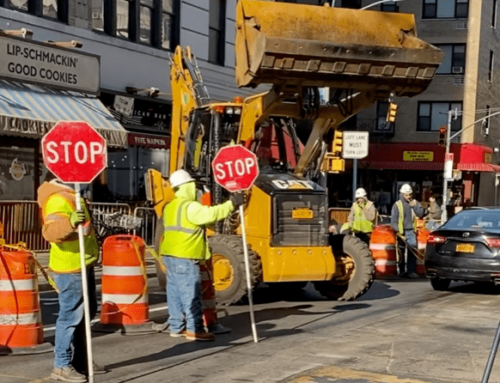Everyone knows the minimum wage is $7.25 per hour, so what’s the issue?
In fact, there are a lot of issues. The minimum wage laws are actually a confusing patchwork of federal, state and local laws which mandate minimum wages in a range from $5.15 to $14.00 per hour and, in the case of work covered by the prevailing wage laws, far beyond $14.00/hour. As low as these hourly rates are, a substantial portion of the workers toiling for the minimum wage are not even paid that.
Failure to pay the required minimum wage is called wage theft. Wage theft affects an estimated 17% of minimum wage workers and adds up to a $15 billion annual theft from the lowest paid workers in the US economy. It gets worse: the victims of wage theft are underpaid an average of almost 25% of their legal weekly pay. With 25 states raising their minimum wages rates in 2021, the statistical story cannot be expected to improve.
Here are some of the most common ways wage theft occurs.
- Paying a fixed salary which does not equal the minimum wage and overtime after 40 hours.
- Mandatory sharing of tips with supervisors and managers, including with a bartender/supervisor.
- Failure to pay the final pay check.
- Withholding tips for “expenses.”
- Failure to reimburse employees for items such as car expenses for drivers or uniforms, which caused their pay to fall below the minimum wage.
- Recordkeeping violations, i.e., failing to keep the records the government requires to show compliance with the minimum wage and overtime laws.
As you can see from the examples above, wage theft often impacts groups of workers in a similar way. In some of these cases a class action lawsuit is the best way to proceed on behalf of the workers. The attorneys at Pelton Graham are well-versed in the requirements, benefits, and challenges of class action suits and can advise you accordingly.
The workplace impact of the COVID-19 virus has not spared the minimum wage worker. Minimum wage work-from-home positions have grown significantly due to the COVID-19 pandemic. If you find yourself working remotely, be sure you know the minimum wage and overtime laws in the place you are working – they are what governs. For example, a worker normally on-site at a call center in Las Vegas must be paid the state minimum wage of $8.25/hr ($7.25 if health benefits are included). If that worker is asked to work remotely, she must be paid $13.00/hr if she works from California, or $12.00/hr if working from Arizona.
The US Department of Labor and state labor departments enforce the minimum wage laws, and they do produce results and press releases on a daily basis. The national statistics, and the settlements and judgements in case after case, establish that the message is not getting through to employers. It seems that, as with many aspects of American society, the individual is mainly left to fend for him or herself, and that asking politely only goes so far, especially when the listeners are profiting from their deafness.
The lawyers and paralegals at Pelton Graham are keenly aware of this ongoing inequity in the economy and society, and the impact it has on workers, their families, and communities. They have seen many different pay schemes in many different states, and are adept at getting to the facts of your case and finding the law that applies. Our clients appreciate our responsiveness, dedication to their issues, and, of course, results.
We’re Here to Help
If you have questions about your and your colleagues’ pay that your employer cannot or will not answer, contact Pelton Graham LLC today for a complementary telephone, video or in-person interview to discuss your questions.











Leave A Comment